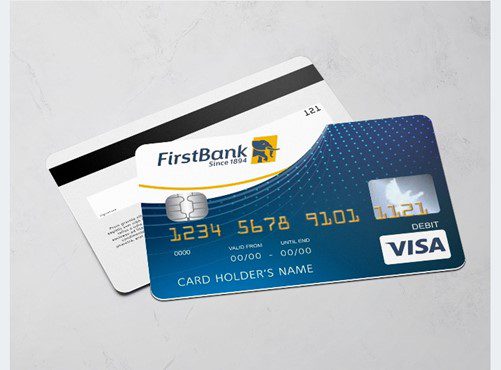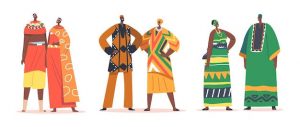“A payment channel is basically a way through which a customer might make a financial payment or anywhere that you (as a merchant) might accept a financial payment”.
This is slightly different from retail channels, which might include brick-and-mortar, catalogs, and online shopping/e-commerce sites.
Payment channels are generally related to retail channels, but are more specifically about how the payment might be made for example, via physical POS systems, phone/ (Interactive Voice Response) IVR payments, online checkout solutions, mobile payment options, etc.
Many payment channels above relate to retail channels but leave some room for overlap. For example, at a brick-and-mortar retail channel, you might process payments on a physical POS system as well as on smartphones or tablets within the store.
Your shopping catalog online, might accept payments by phone, but also integrates nicely into the smaller channel payment concepts, so that customers could walk into your store to pay with the POS, or they could shop via the catalog online, and pay via the online checkout service.
Government agencies also implement online payments to accept taxes on the web and build a smart physical POS system for in-office payments.
Veterinary clinics, barbing & hairdressing saloons, and other businesses can all benefit from considering a multiple channel payment approach.
Where you open your business, and the type of services you provide/items you sell, could play an important role in deciding which payments systems to offer customers.
If you expect to make a large portion of your sales online, accepting electronic payments is a must. Similarly, if your products or services are expensive, customers might not feel comfortable carrying a lot of cash to your store to make a purchase — cheques, cards or mobile payment could be better options.
On the other hand, if you sell inexpensive items from a physical store, your customers may prefer to pay with cash. Customers may also expect you to accept cash if you open a shop in an area where many people don’t have bank accounts or where card processing networks, (the companies that send and verify information when someone makes a purchase with a card), frequently go offline.
As business owners, you’ll need to decide what types of payment you’ll accept from customers. You might offer customers the choice to pay with:
- Cash
- Cheques
- Debit cards
- Credit cards
- Mobile payments
- Electronic bank transfers
Whatever option you choose to provide for your customers, you can get good advice on what best suits your business by visiting us at www.firstbannigeria.com or give us a call on our customer service lines today.
Image Source: SHUTTERSTOCK.

“Where you open your business, and the type of services you provide/items you sell, could play an important role in deciding which payments systems to offer customers.
If you expect to make a large portion of your sales online, accepting electronic payments is a must. Similarly, if your products or services are expensive, customers might not feel comfortable carrying a lot of cash to your store to make a purchase — cheques, cards or mobile payment could be better options.
On the other hand, if you sell inexpensive items from a physical store, your customers may prefer to pay with cash. Customers may also expect you to accept cash if you open a shop in an area where many people don’t have bank accounts or where card processing networks, (the companies that send and verify information when someone makes a purchase with a card), frequently go offline.
As business owners, you’ll need to decide what types of payment you’ll accept from customers. You might offer customers the choice to pay with:
- Cash
- Cheques
- Debit cards
- Credit cards
- Mobile payments
- Electronic bank transfers
Whatever option you choose to provide for your customers, you can get good advice on what best suits your business by visiting us at www.firstbannigeria.com or give us a call on our customer service lines today.
Image Source: SHUTTERSTOCK.


